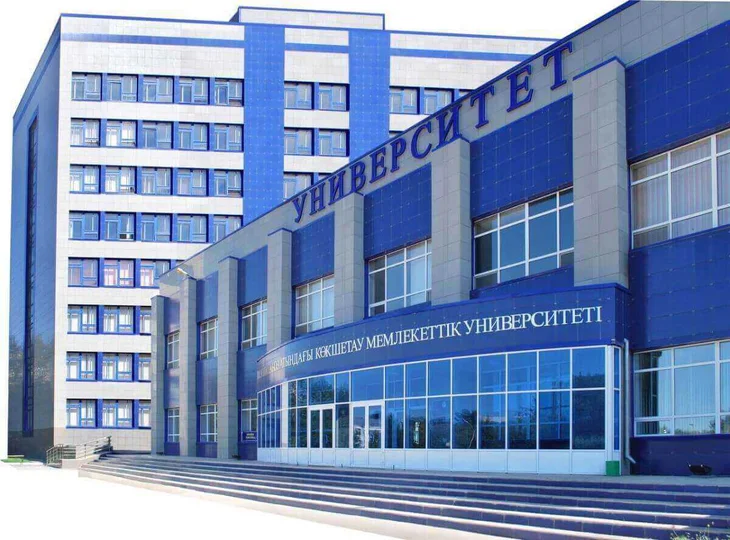Soil science and Agrochemistry

Educational program code
6B08102
Language of instruction
Kazakh, Russian
Learning level
Undergraduate
Duration of study
4 year
Specialized subjects
Chemistry
Biology
Objectives of the educational program
- Preparation of bachelors of agriculture for professional activity on the basis of their acquisition of fundamental knowledge in soil science and Agrochemistry and the formation of skills in the application of technologies in the process of increasing soil fertility and fertilizer systems, taking into account the economic needs of Northern Kazakhstan.
- General chemistry
- Physical colloid chemistry
- Soil science basics
- General geology
- Agrometeorology
- Agriculture
- Plant Physiology and Biochemistry
- Mechanization of crop production
- Basics of land management
- Plant growing
- Academic writing
- Educational practice
- Agro-soil science
- Agrochemistry
- Soil geography
- Statistical processing of experimental data
- The system of fertilizer application
- Production practice
- Pre-graduate practice/industrial practice
- Entrepreneurship by industry
- Оrganizing agribusiness
- Technological entrepreneurship and startups
- Organization of production and entrepreneurship of the agro-industrial complex
- Basics of soil-geobotanical research
- Botany with the basics of geobotany
- Landscape studies
- Horticulture
- Pests and diseases of agricultural crops
- Agroecology
- Methods of soil research
- Soil chemistry
- Soil biology
- Soil microbiology
- Reclamation soil science
- Erosion and Soil conservation
- Integrated plant protection
- GIS technologies of soil cartography
- Methods of agrochemical research
- Organization of field experiments and mapping
- Physical properties of soil and its measurement
- Basics of precision agriculture
- Food security
- Diagnostics of food crop
- Greenhouse production of vegetables
Learning outcomes and competencies
- Demonstrate basic knowledge of scientific and theoretical foundations, laws and regularities in natural science, socio-humanitarian and economic disciplines that contribute to the formation of a highly educated person with a broad Outlook and culture of thinking;
- Organize work and manage human resources. Apply a wide range of practical and cognitive skills in independent planning, performance and evaluation of work processes and results under management in the field of agriculture, use normative legal documents, normative and technical acts in the field of labor protection.
- Demonstrate the ability to work with information in global computer networks for research and innovation in soil science and Agrochemistry.
- Distinguish by morphological features plants and agricultural crops common in the regions of the Republic of Kazakhstan, with an assessment of their physiological and microbiological state to determine the development and quality of products.
- Possess the laws of agriculture, technology of crop cultivation, professional knowledge of agriculture, crop production, land management, fruit and vegetable production. Demonstrate knowledge in the preparation and practical use of soil maps and agrochemical cartograms, soil and plant diagnostics to determine methods for optimizing plant nutrition in the development of rational technology for the use of fertilizers.
- Classify and describe the soil profile for recognizing soil types, subtypes, genera, species, and varieties;
- Plan and conduct vegetation, field and production experiments in the soil and climate zones of the Republic of Kazakhstan to assess the effect of various types of fertilizers and meliorants. Carry out statistical and mathematical processing of experimental data and interpret the data obtained, draw conclusions on the accuracy of the experiment.
- Demonstrate knowledge in the issues of objective assessment of soil fertility, taking into account the specifics of soil and climate zones of the Republic of Kazakhstan for the development of technology for the use of fertilizers. Develop measures for plant protection, soil protection, and prevention of chemical contamination of agrocenoses;
- Perform chemical analyses of soils, plants, feed, fertilizers and meliorants and interpret the results for the preparation of soil maps and agrochemical cartograms.
- Apply language and communication skills (state, Russian, English) in the professional sphere for the ability to logically correctly, argumentatively and clearly build oral and written speech;